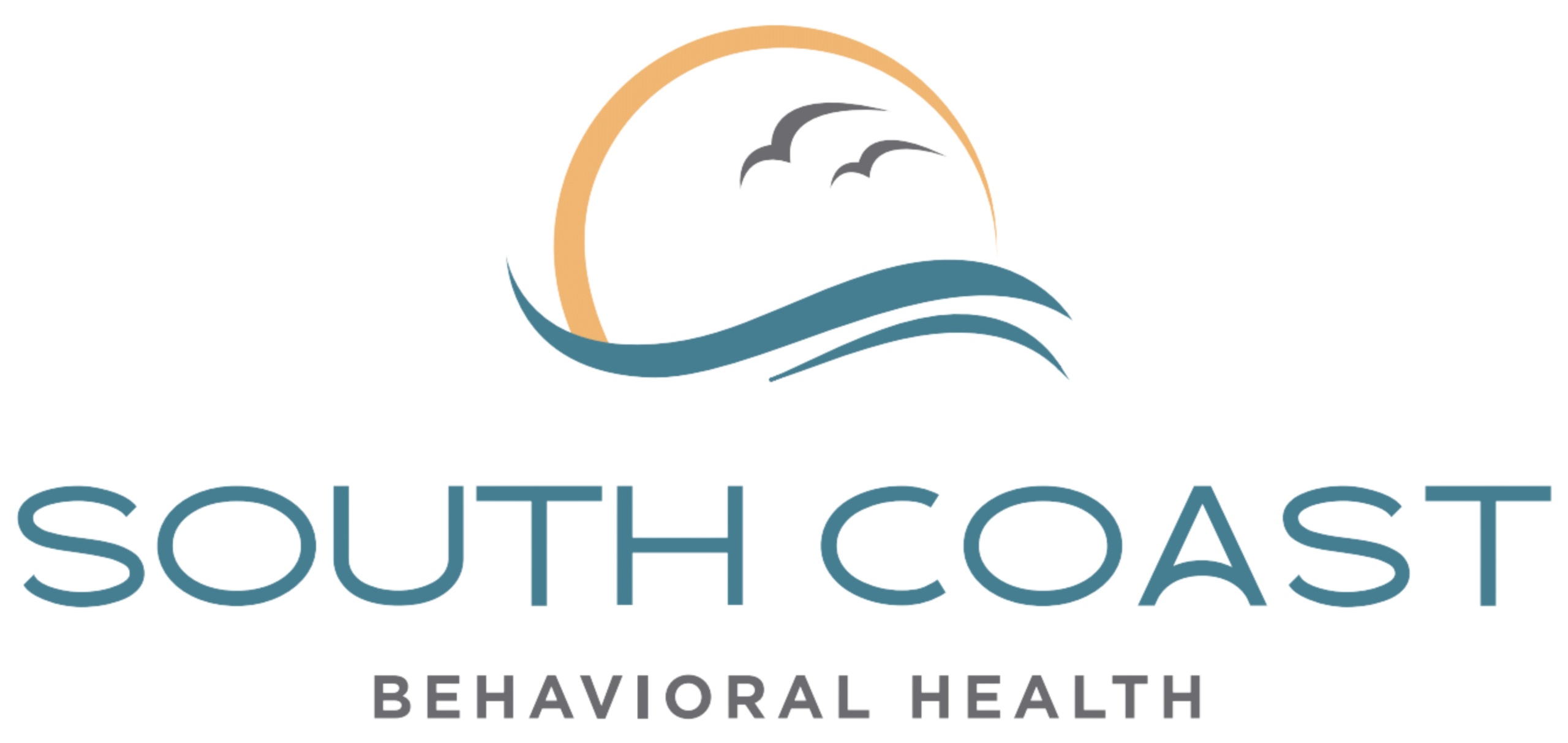Military service can be an incredibly challenging and traumatic experience. It often leaves veterans struggling with the aftermath of their service. Substance abuse and mental health issues are common among veterans. Specialized addiction treatment and trauma-informed care are essential for their recovery and healing. The rigors and stresses of military service often leave veterans grappling with complex emotional and psychological issues long after their service ends. Exposure to combat and the demanding nature of military duties can trigger substance abuse as a coping mechanism for underlying mental health conditions like PTSD, anxiety, and depression.
As a result, it’s crucial that treatment programs for veterans are specifically designed to address both addiction and the trauma that often fuels it. These programs typically incorporate trauma-informed care approaches that are sensitive to the veteran’s military experiences, ensuring that therapy is both effective and respectful. Tailored support helps veterans develop healthier coping strategies, rebuild their lives, and integrate more fully into civilian life, facilitating a more successful and sustainable recovery.
What Challenges Do Military Veterans Face After Their Service?
Military veterans often face a range of challenges after their service. Consequently, these can significantly impact their transition to civilian life and overall well-being.
For example, the most common challenges that veterans face after leaving the military include:
- Mental Health Disorders
- Physical Health Conditions
- Reintegration Issues
- Social Isolation
- Financial Struggles
- Homelessness
These challenges arise for a myriad of reasons and all contribute to the difficulties veterans may experience while attempting to rebuild their lives. That is why veterans treatment centers provide support and resources for both the veteran and their families. This can include medical care, counseling services, support groups, and educational programs to help families understand and cope with the changes that may occur after a veteran’s return.
Mental Health Concerns
One of the most prevalent issues is the struggle with mental health disorders such as post-traumatic stress disorder (PTSD), depression, and anxiety. These conditions can stem from experiences of combat, the stress of deployment, or the difficulty of adjusting to a non-military environment. As a result, mental health challenges can greatly affect a veteran’s ability to adjust to civilian life and may lead to difficulties in maintaining relationships, finding employment, and managing daily tasks.
Physical Injuries and Disabilities
Physical injuries, including those that lead to chronic pain or disability, can be a significant barrier for veterans returning to civilian life. Firstly, many have sustained physical injuries while serving, which can impact their mobility and ability to perform certain tasks. Such injuries can limit employment opportunities and daily activities, contributing to feelings of frustration and isolation. Secondly, vets suffer from traumatic brain injuries (TBIs) that can have lasting effects on cognitive function and emotional regulation. Additionally, exposure to hazardous materials or combat situations can lead to long-term health issues that require ongoing medical care.
Reintegration Issues
Unfortunately, veterans may also encounter challenges with reintegration into civilian life, which can feel lonely and isolated after the structured environment of the military. After being immersed in military culture and structure, transitioning to civilian life can be jarring and disorienting. Veterans may struggle with finding their purpose and identity outside of the military, as well as navigating societal norms and expectations. In conclusion, this can lead to difficulties in finding and maintaining employment, especially if military skills do not translate directly to civilian jobs.
Social Isolation
Socially, veterans might feel disconnected from family and friends who may not fully understand their experiences or the impact of their service. Likewise, loved ones may have difficulty adjusting to changes in routine, communication, or emotional availability after a veteran returns home. Meanwhile, this can lead to tension, conflict, and even breakdowns in relationships. This dynamic often results in social isolation which can fuel unhealthy coping mechanisms and addiction challenges.
Financial Struggles
Financial struggles are common among veterans returning to civilian life. Unfortunately, many have difficulty finding employment that matches their skills and experience, leading to financial strain. Moreover, this can also contribute to mental health challenges such as anxiety and depression.
Veteran Homelessness
Some veterans face homelessness due to a complex mix of factors including lack of support networks, substance abuse, inadequate access to healthcare, and unaffordable housing. Above all, this exacerbates other challenges and hinders their ability to reintegrate successfully into society.
Looking for quality substance abuse treatment that’s also affordable? South Coast accepts most major insurance providers. Get a free insurance benefits check now.
Check Your CoverageMilitary Veterans Statistics
To better understand the impact of military service on veterans, here are some stats on veterans and mental health:
- Post-Traumatic Stress Disorder (PTSD): In veterans, this is a prevalent concern, with approximately 11-20% of veterans who served in Operations Iraqi Freedom and Enduring Freedom experiencing PTSD in a given year.
- Substance Abuse: A significant issue in the veteran population, with the National Institute on Drug Abuse reporting that alcohol is the substance of choice for 65% of veterans entering addiction treatment centers, nearly twice the rate among civilians.
- PTSD and Depression: Approximately 20% of veterans who served in operations Iraqi Freedom and Enduring Freedom during their service experience either major depression or post-traumatic stress disorder (PTSD).
- Suicide Rates: Veterans are 1.5 times more likely to die by suicide than Americans who never served in the military, with the rate of veteran suicide significantly higher than the national average.
Mental Health Treatment for Veterans in Orange County, CA
Mental health treatment is crucial for veterans dealing with the psychological impact of their service. Addressing conditions like PTSD, depression, complex trauma, and anxiety is essential for overall well-being and successful reintegration into civilian life. In Orange County, CA, veterans have access to specialized mental health treatment programs designed to address the unique challenges faced by those who have served in the military.
Meanwhile, these programs often include services such as PTSD therapy, depression and anxiety treatment, and support for substance abuse. Many local facilities and VA hospitals offer evidence-based therapies like cognitive-behavioral therapy (CBT) and dialectical behavior therapy (DBT) tailored specifically for veterans. Community-based support groups and peer-led sessions provide a network of understanding and support. In short, these comprehensive services are geared towards helping veterans reintegrate into civilian life while managing their mental health effectively.
Treating PTSD and Trauma from Military Service
PTSD and trauma from military service require specialized treatment approaches that take into account the unique experiences and challenges faced by veterans. Trauma-focused therapies, such as Cognitive Processing Therapy (CPT) and Prolonged Exposure Therapy (PE), are evidence-based treatments that have proven effective in addressing PTSD symptoms. In addition, these therapies help veterans process their traumatic experiences, develop coping strategies, and reduce the impact of PTSD on their daily lives.
Get confidential help from our addiction treatment specialists in Orange County. Call to join our rehab program today!
Call 866-881-1184Addiction Treatment for Veterans in Orange County, CA
Substance abuse is a common coping mechanism for veterans struggling with mental health issues, physical pain, or the challenges of reintegrating into civilian life. For instance, veterans may become addicted to various substances, including alcohol, prescription medications (such as opioids and benzodiazepines), and illicit drugs.
Addiction treatment for veterans must address the underlying causes of substance abuse, including trauma, mental health conditions, and physical pain management. A comprehensive approach that combines evidence-based treatment methods, such as:
- Cognitive Behavioral Therapy (CBT)
- Motivational Interviewing (MI)
- Eye Movement Desensitization and Reprocessing (EMDR)
- Dual Diagnosis Treatment
- Medication-Assisted Treatment (MAT)
These services provide medical care and therapeutic guidance to promote positive change and growth that is often necessary for successful recovery.
Veteran Addiction Treatment Resources
Several resources are available to support veterans in their journey to recovery from addiction and mental health issues:
- U.S. Department of Veterans Affairs (VA) Medical Centers and Clinics: The VA offers a range of services, including inpatient and outpatient addiction treatment programs, mental health services, and support groups.
- Vet Centers: These community-based counseling centers provide a wide range of social and psychological services, including professional readjustment counseling, community outreach, and referral services.
- Private Treatment Centers: Many private addiction treatment centers offer specialized programs tailored to the unique needs of veterans, providing trauma-informed care and evidence-based therapies.
Veteran Treatment Program in Orange County, CA at SCBH
At SCBH, we understand the unique challenges faced by military veterans and are committed to providing comprehensive, trauma-informed care. Our veteran treatment program in Orange County, CA, offers a range of services designed to address the specific needs of veterans, including:
- Dual Diagnosis Treatment: We treat co-occurring substance abuse and mental health disorders, such as PTSD, depression, and anxiety, using evidence-based therapies and a holistic approach.
- Trauma-Focused Therapies: Our experienced therapists utilize trauma-focused therapies, such as CPT and PE, to help veterans process and heal from traumatic experiences.
- Medication-Assisted Treatment (MAT): For those struggling with opioid or alcohol addiction, we offer MAT in combination with counseling and behavioral therapies.
- Holistic Therapies: Our program incorporates holistic therapies, such as mindfulness, yoga, and art therapy, to promote overall well-being and provide additional coping strategies.
- Aftercare and Alumni Support: We provide ongoing support through our aftercare program and alumni network, ensuring a continuum of care and a strong support system for long-term recovery.
At SCBH, we are dedicated to helping veterans reclaim their lives and heal from the trauma and challenges of military service. Our compassionate and experienced team works closely with each individual to develop a personalized treatment plan that addresses their unique needs and goals.
If you or a loved one is a veteran struggling with addiction or mental health issues, we encourage you to contact us at SCBH. Together, we can embark on a journey of healing and recovery, providing the support and resources necessary for a fulfilling and meaningful life after service.
























